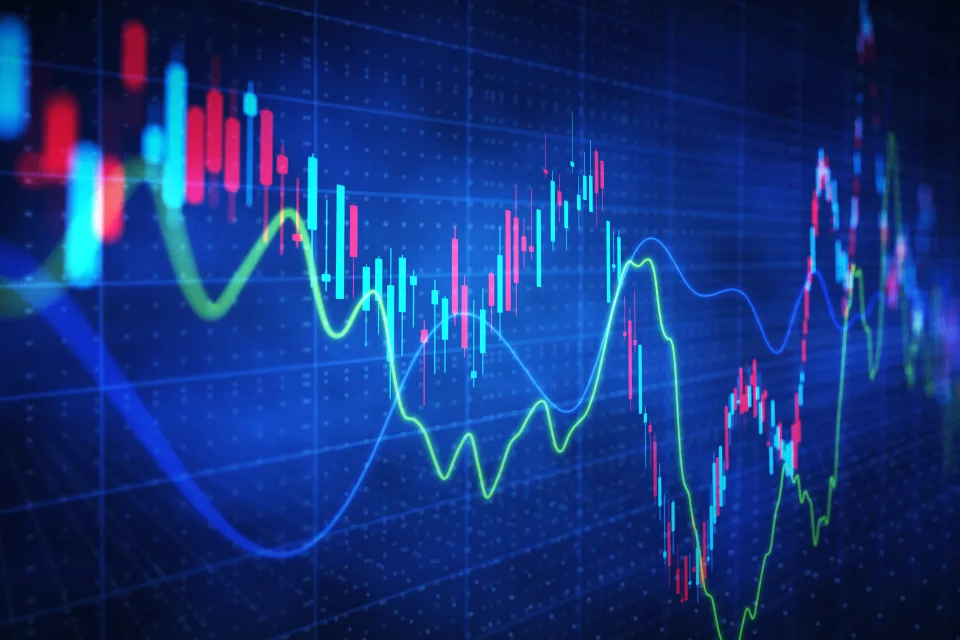Asian Stock Markets Hit New High, Pound Holds Steady on UK Labour Party Victory
On Friday (July 5th), Asian stock markets hit a new high as investors expected the US to cut interest rates in September, while the euro reached a three week high on the eve of the French elections.

On Friday (July 5th), Asian stock markets hit a new high as investors expected the US to cut interest rates in September, while the euro reached a three week high on the eve of the French elections.
The pound remained stable at $1.2767 against the US dollar. Polls show that the Labour Party in the UK won an overwhelming victory in the election and will take power after 14 years of Conservative rule.
Japan's Nikkei 225 index and Topix index both hit historic highs.According to official statistics released on Friday, household spending in Japan unexpectedly decreased in May, which is related to the weak yen reducing consumer purchasing power. This data has caused confusion about future interest rate trends.
The Japanese yen rose slightly, reaching 160.9 against the US dollar. On Friday, FTSE futures opened up 0.3%, while S&P 500 futures rose slightly, which means it may break a new record for the cash index that day.
Except for Japan, the MSCI Asia Pacific stock market index rose 0.2%, reaching a two-year high. Samsung expects its profits to grow more than 15 times in the second quarter, driving South Korea's KOSPI index to a two-year high.
Singapore's Straits Times index, mainly focused on banks and real estate, has risen by over 3% in the past three days, reaching a two-year high.
Vishnu Varathan, chief economist of Mitsubishi UFJ Bank in Singapore, said that the demand for artificial intelligence has driven the rise of chip manufacturers in Taiwan, China and South Korea. The interest rate policy has set a profit record for large banks in Singapore, while the weak yen has boosted the Japanese stock market.
On Friday, the market mainly focused on employment statistics in the United States. It is expected that there will be a slowdown in recruitment and a slight increase in unemployment rate, paving the way for interest rate cuts in the United States.
Earlier this week, a series of bad data, including the US service industry activity ISM index dropping to its lowest level since mid-2020, led the market to increase the probability of a rate cut in September to 73% and expect a 47 basis point cut this year.
In early trading in Asia, the yield of US two-year treasury bond bonds rose 1.3 basis points to 4.71%, while the standard 10-year yield rose 2 basis points to 4.37%.
In the currency market, the euro rose to $1.0817 against the US dollar. Polls show that the far right Kuomintang in France failed to gain an absolute majority in the legislative election final this Sunday.
"If the polls are correct, more extreme ideas of fiscal expansion and immigration restrictions may not pass," said Michael Wan, an analyst at Mitsubishi UFJ Bank.
The Australian dollar rose to $0.6738 against the US dollar, a six month high. The yield spread is developing in a favorable direction for the Australian dollar, as people are betting that if inflation remains stubborn, the Australian dollar interest rate may further increase in the future.
In commodity trading, the weakening of the US dollar is expected to lead to the largest weekly increase in gold in a month, rising 1.4% to $2,357 per ounce. The Brent crude oil futures trading price broke through $87 per barrel, reaching the highest price since April. Previously, the decline in US oil supply exceeded expectations, indicating strong demand for oil as the US summer driving season approaches.
Disclaimer: The views in this article are from the original Creator and do not represent the views or position of Hawk Insight. The content of the article is for reference, communication and learning only, and does not constitute investment advice. If it involves copyright issues, please contact us for deletion.